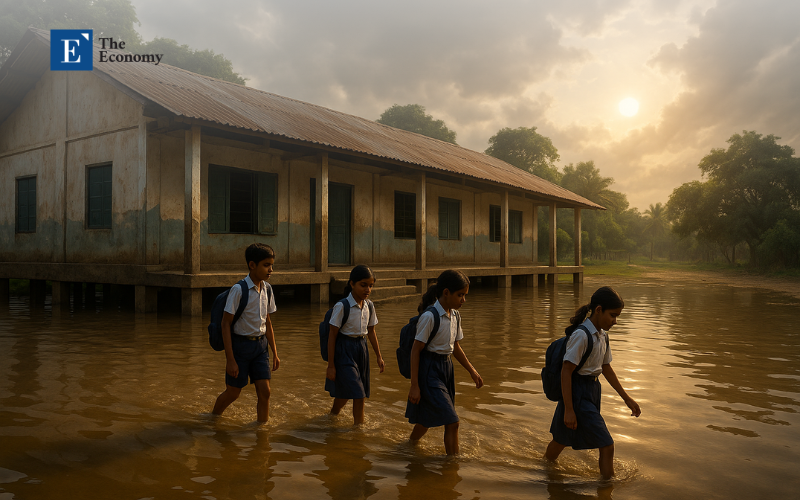
This article is based on ideas originally published by VoxEU – Centre for Economic Policy Research (CEPR) and has been independently rewritten and extended by The Economy editorial team. While inspired by the original analysis, the content presented here reflects a broader interpretation and additional commentary. The views expressed do not necessarily represent those of VoxEU or CEPR.
Read More
This article is based on ideas originally published by VoxEU – Centre for Economic Policy Research (CEPR) and has been independently rewritten and extended by The Economy editorial team. While inspired by the original analysis, the content presented here reflects a broader interpretation and additional commentary. The views expressed do not necessarily represent those of VoxEU or CEPR.
Read More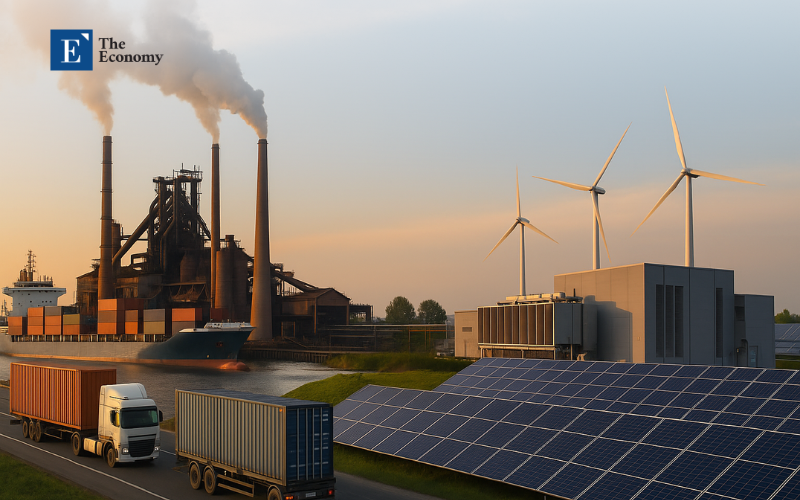
This article is based on ideas originally published by VoxEU – Centre for Economic Policy Research (CEPR) and has been independently rewritten and extended by The Economy editorial team. While inspired by the original analysis, the content presented here reflects a broader interpretation and additional commentary. The views expressed do not necessarily represent those of VoxEU or CEPR.
Read More
This article is based on ideas originally published by VoxEU – Centre for Economic Policy Research (CEPR) and has been independently rewritten and extended by The Economy editorial team. While inspired by the original analysis, the content presented here reflects a broader interpretation and additional commentary. The views expressed do not necessarily represent those of VoxEU or CEPR.
Read More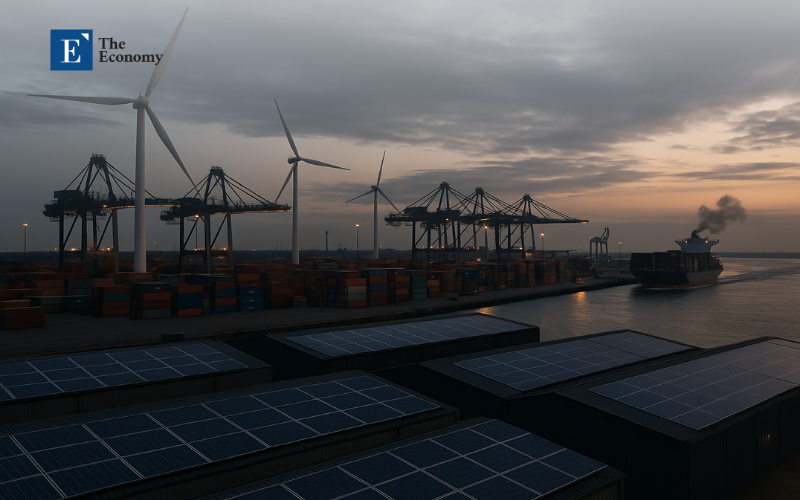
This article is based on ideas originally published by VoxEU – Centre for Economic Policy Research (CEPR) and has been independently rewritten and extended by The Economy editorial team. While inspired by the original analysis, the content presented here reflects a broader interpretation and additional commentary. The views expressed do not necessarily represent those of VoxEU or CEPR.
Read More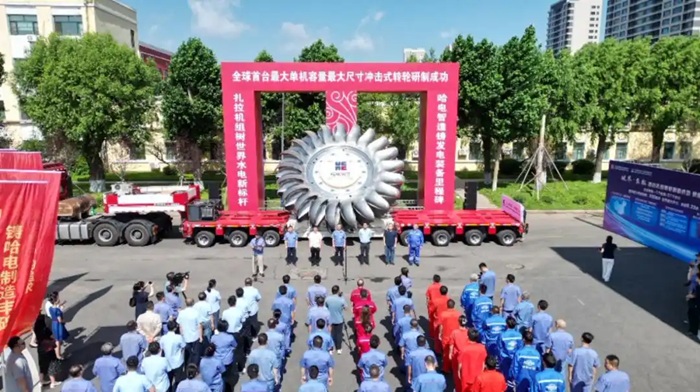
チベット水力発電所設置のため現地へ出発 二酸化炭素排出量340万トン削減効果に期待 中国、水力発電の追随者から先導者へ躍進 写真=中国ハルビン電気グループホームページ 中国がチベット自治区の大唐ジャラ水力発電所に世界最大規模の500メガワット(MW)インパルス(Impulse)タービンを設置する準備を終えたことが確認された。
Read More
Every statistic about public trust in science reveals less a knowledge gap than an abyss of distrust, a chasm that reason alone cannot bridge. Despite decades of data, surveys, and outreach campaigns, roughly three-quarters of Americans—76% in the latest Pew Research Center poll—report having at least some confidence in scientists to act in the public’s best interest; yet, more than one in four express little to no trust at all.
Read More
A plastic bag in a beachgoer’s tote is ecologically harmless; it only becomes a problem when carelessly discarded. This behavior is encouraged because society has not assigned a cost to it. Shoreline pollution is more about the mismanagement of behavior than the materials themselves—litter increases when the public faces no immediate consequences for throwing away plastic. However, if a visible fee were attached to the bag that accounted for cleanup costs, users would be more responsible, and beaches would remain clean without constant oversight.
Read More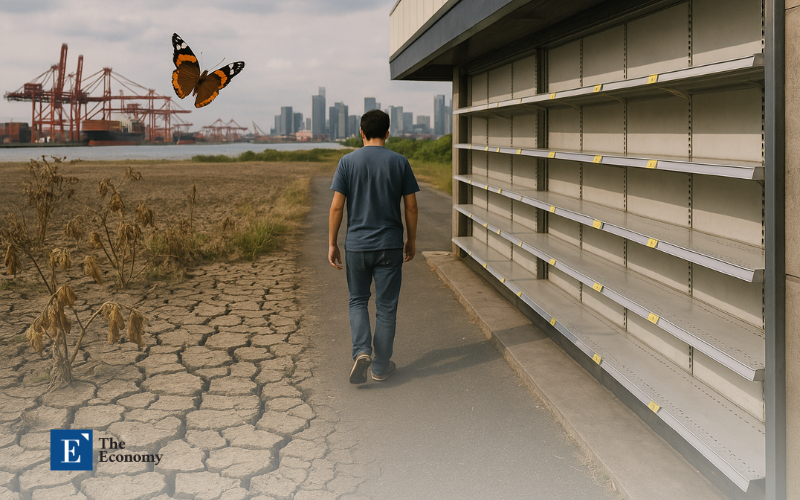
This article is based on ideas originally published by VoxEU – Centre for Economic Policy Research (CEPR) and has been independently rewritten and extended by The Economy editorial team. While inspired by the original analysis, the content presented here reflects a broader interpretation and additional commentary. The views expressed do not necessarily represent those of VoxEU or CEPR.
Read More










